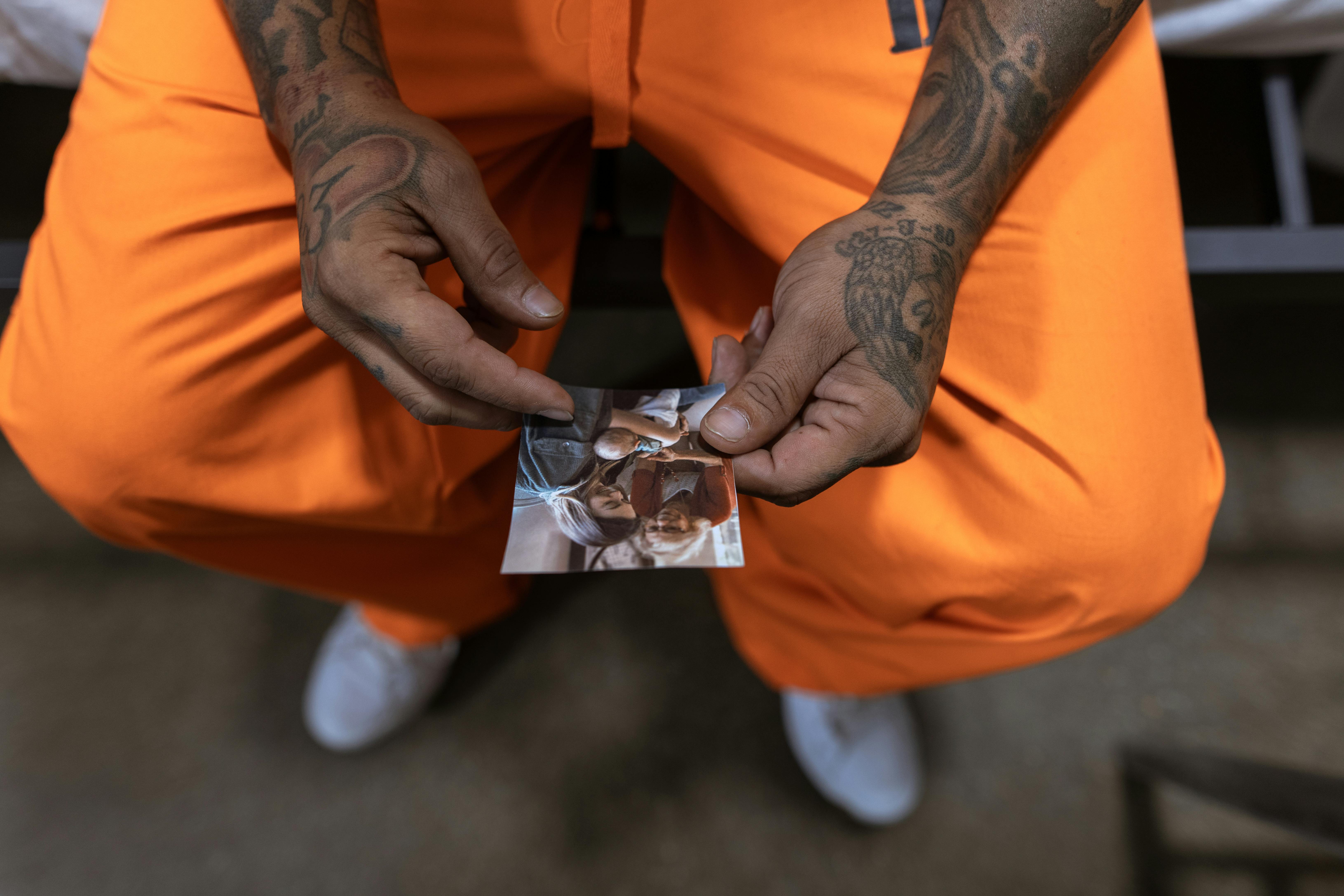So on Saturday I already planned to go to Viñales, a beautiful area in the province of Pinar del Río, 190 km west of Havana. I took the Viazul bus from the Havana station, which is a more or less modern bus network for tourists and the one-way trip costs US$12 (too much for the locals, most of whom end up taking local taxis or the cheaper ones). and less expensive). reliable, more decrepit Astro bus system).
A young Cuban man sat next to me at the bus terminal and tried to offer me lodging in his private house in Pinar del Río (a version of the underground economy that focuses on tourists).
After I told him that I already had accommodation, he began to talk to me about life in Cuba and how hard it is and how difficult it is to survive financially. She told me that she only earns US$24 a month, working for the nationalized telecommunications company. He also said that recently the financial transfers of Cuban emigrants, particularly from Miami, have been reduced to US$100, which is equivalent to 92 CUC (Cuban Convertible Pesos, which was previously 1:1 with the US dollar) and that soon the US will. US$100 would turn out to be even 8% less. He basically just overflowed with unhappiness over the economic situation.
The trip to Viñales took about 3.25 hours and on the way it started to rain. Viñales is known for its beautiful limestone formations, the “Mogotes”, box-shaped mountains that grow directly from the bottom of a flat valley with often vertical walls and hundreds of limestone caves.
Probably 30 or 40 people were waiting at the bus stop in Viñales, all owners of private bed and breakfasts (or “casas particulares”) ready to pick up the tourists who were staying with them. My host, Sandra, a beautiful 28 year old, was also there with a sign that said “Susanne – Canada”. It’s a strange feeling to arrive in a foreign country, to a strange town, not knowing anyone and seeing your name printed on a sign as soon as you arrive.
My hostess took me to her Casa Particular, a simple 2-bedroom colonial house, with a new bathroom for the guests and an old, decrepit bathroom (no sink or toilet seat) for the owners. My hostess had to work and I was very tired, and anyway she was raining, so I slept for a few hours until I received my homemade dinner directly at the private house.
In a conversation with the young woman, I found out that she earns the equivalent of US$13 per month (and a simple pair of jeans costs US$20!), so she supplements her income with bed and breakfasts (another of the few private types of business allowed). The night cost me US$20.00 and dinner with drinks US$10.00 for a complete dinner with chicken, arroz congri (rice with black beans) and salad. The food was very simple and not particularly spicy or tasty.
We had a fascinating conversation and I discovered that today’s women, despite economic difficulties, are much better off since the revolution. Cuba is traditionally a country with a lot of machismo, and the revolution has done a lot for women. Now they are given educational opportunities and can get education and work that was very difficult before. Many of the educated women work in ministries or universities and have a fairly decent standard of living.
I received some explanations about the relations between men and women in Cuba (for example, that modern educated women no longer accept those macho attitudes of Cuban men, but that there are still many traditional young women without self-esteem or education who are more or less at the mercy of of their boyfriends/husbands).
I also found out that it’s not allowed for a private bed and breakfast owner to employ a maid (due to her exploitation in the past), but everyone does anyway as people have to work full time to earn a living. life and you don’t have time to manage the day-to-day tasks of running a small catering establishment as well as working outside the home.
My hostess’ common-law boyfriend told me about the medical system in Cuba, that he had a benign tumor on his tibia (after having been a rower and basketball player of national caliber) and that they placed an implant in his leg consisting of coral, 2 of the most respected doctors in Cuba. His operation was based on new surgical techniques from the US and since the operation his life is almost normal, he walks normally except he can’t run or play basketball anymore.
All the Cubans I’ve met so far are extremely proud of their country’s achievements in public medicine, public education, literacy, and opportunities for women and minorities (while, at the same time, some of them talk quite a lot about all the hardships economic and other restrictions imposed by the Government).
Definitely some interesting ideas…
